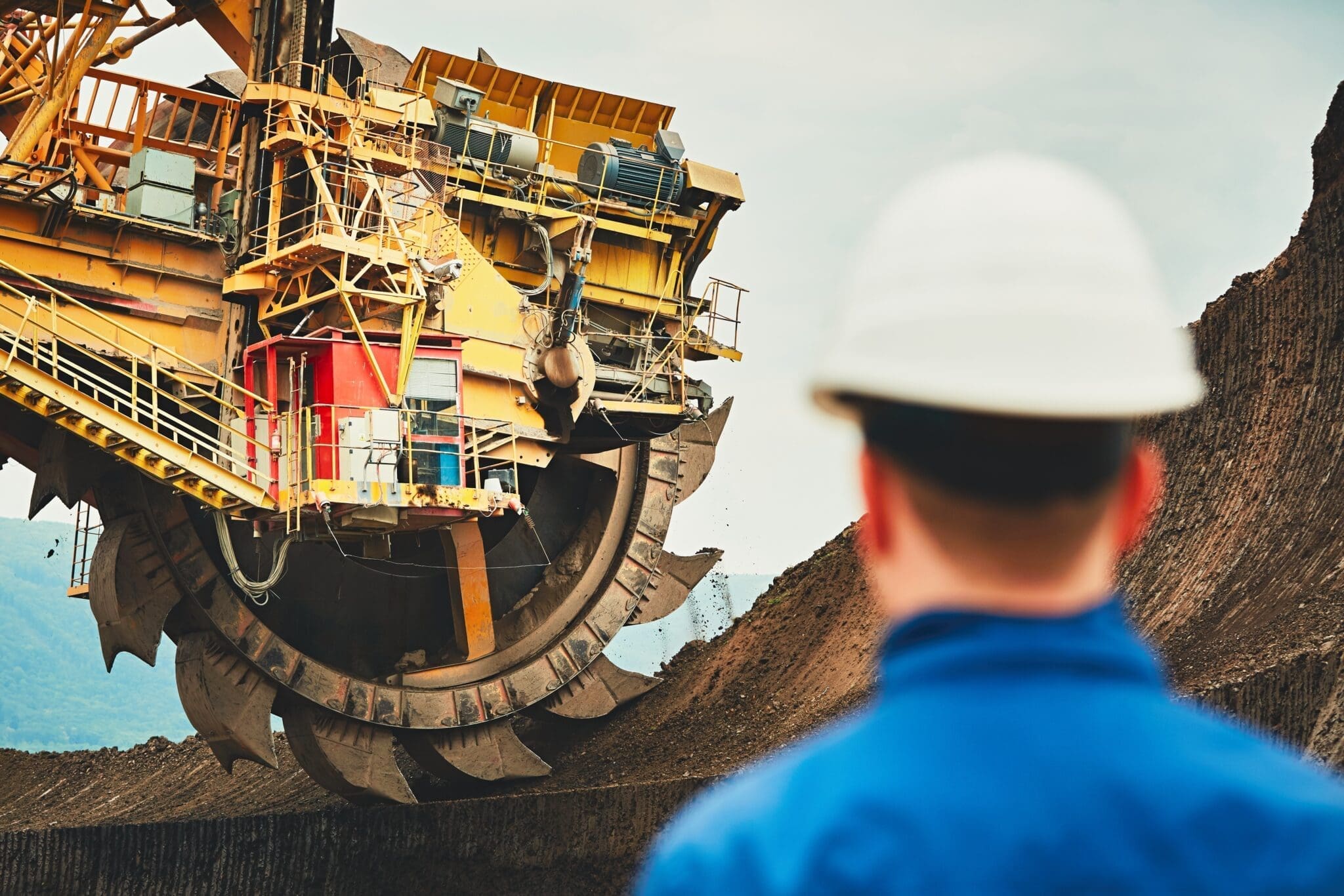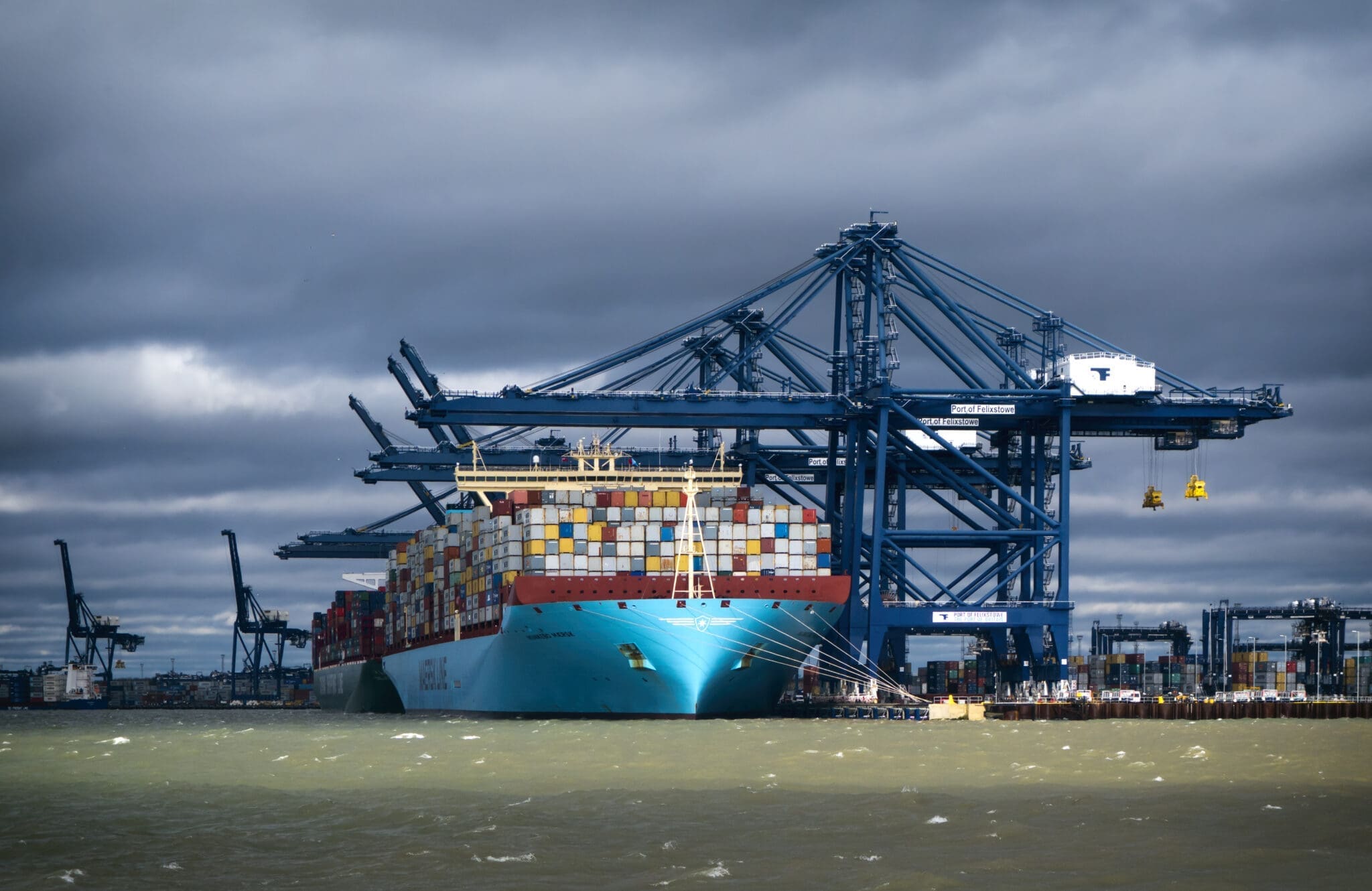Mining and minerals play an integral role in modern societies. However, responsible practices that protect the environment, uphold human rights, and safeguard local communities are essential to sustainably meet the growing demand for minerals.
The mining sector includes diverse organizations, from large multinational corporations to small exploration companies. Projects can be vast and long-lasting, with significant government oversight. If poorly managed, mining can lead to lasting negative impacts on ecosystems, human rights, and the health and well-being of workers and communities. Climate change adds complexity to water management, biodiversity concerns, and worker safety. To meet global needs responsibly, mining companies must embrace renewable energy and circular economy principles and reduce greenhouse gas emissions across the entire value chain.
Mining and the Sustainable Development Goals (SDGs)
Mining, directly and indirectly, influences all of the Sustainable Development Goals (SDGs). By enhancing positive impacts and mitigating negative ones, mining can contribute significantly to:
- Goal 7: Affordable and Clean Energy & Goal 13: Climate Action: Mining provides the critical minerals needed for low-carbon technologies and can mitigate its own emissions through renewable energy and efficiency measures.
- Goal 6: Clean Water and Sanitation & Goal 15: Life on Land: Mindful water and land use practices are essential to protect ecosystems and communities.
- Goal 8: Decent Work and Economic Growth & Goal 1: No Poverty: Mining offers jobs and economic growth opportunities in many regions.
- Goal 11: Sustainable Cities and Communities & Goal 12: Responsible Consumption and Production Mining enables infrastructure development and responsible mineral sourcing supports these goals.
Links between the likely material topics for the mining sector and the SDGs

The new GRI Sector Standard for Mining is a major step toward greater transparency and accountability. It helps companies identify the sustainability topics most important to their operations and provides metrics to track and report on their impacts meaningfully for a broad range of stakeholders. The Standard applies to all sizes, types, and locations of mining organizations. The Standard is not designed to capture the impacts specific to the artisanal and small-scale mining (ASM) sector. However, this Standard does consider the impacts that mining organizations may have on ASM operators and the impacts they may be involved with through their business relationships, interactions, or co-location of their activities with ASM.
Key Features of GRI 14: 2024
- Identifies 25 likely material topics for companies engaged in mining and quarrying to report.
- Provides new disclosures related to tailings, conflict, and artisanal/small-scale mining.
- Outlines mine-site-level reporting for locally significant impacts and is aligned with existing frameworks and guidance related to responsible mining and reflects the views of a global multi-stakeholder working group of the community.
Partnering for Supply Chain Sustainability
Achieving mining sustainability requires collaboration across the industry. Partnering with a supply chain sustainability expert like Achilles can help mining companies to drive efficiencies in procurement and raise compliance standards across the value chain. Achilles offers:
- Extensive and Robust Network: Access to over 13,000 vetted mining suppliers on our platform.
- Reduced Duplication: Standardized assessments and sharing of non-competitive and non-sensitive information between all parties.
- Streamlined Prequalification: Eliminating repetitive processes for mining companies for every tender.
- ESG Compliance: Tools to demonstrate your commitment to responsible sourcing.
GRI 14 offers a roadmap for mining companies to demonstrate their commitment to sustainability. By adopting these sustainability reporting standards, mining companies can demonstrate their commitment to environmental stewardship, social responsibility, and ethical business practices. Through collaboration, transparency and accountability, the mining industry can contribute to a more sustainable and equitable future for all, where the benefits of mining outweigh the costs.



